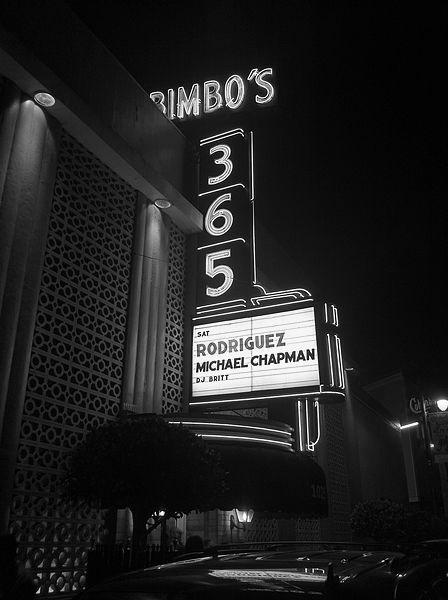To South African music lovers, he is a legend. But to most American listeners, Sixto Diaz Rodriguez is a mystery. Little do these Americans know that Rodriguez revolutionized South Africa during apartheid.
On July 27, a documentary about Rodriguez called “Searching for Sugar Man” was released in the United States. The movie received positive reviews and will be in the Sundance Film Festival, which begins Jan. 17.
Rodriguez was born in Detroit, Mich., and is the youngest of six siblings. Growing up, he played the guitar in local clubs while working on the side and doing odd jobs. It wasn’t until 1967 when Rodriguez was 25 years old that he released the song, “I’ll Slip Away.” In 1970 he released “Cold Fact,” his first album, on the Sussex label.
Many called Rodriguez ahead of his time because his music was so inspiring, yet he was unknown to Americans. “Rodriguez’s recording career was over before it began,” Michael Phillips wrote in an article for the Chicago Tribune on Aug. 1.
Time passed and few records were sold in America. Then “Cold Fact” caught fire in South Africa.
More and more people started listening, and soon Rodriguez became a No. 1 hit in South Africa.
Some South Africans made bootleg copies of Rodriguez’s albums, so they were available in most music stores. The song “Establishment Blues” particularly resonated with many liberal listeners.
Rodriguez’s lyrics were edgy and questioned the government, which attracted many anti-apartheid activists: “Garbage ain’t collected, women ain’t protected/Politicians using, people they’re abusing/The mafia’s getting bigger, like pollution in the river/And you tell me that this is where it’s at.” With such lyrics, it wasn’t long before Rodriguez became known as a political singer.
“I Wonder” is another song that touches on sensitive political subjects in a way that pulls at heartstrings: “I wonder about the tears in children’s eyes/And I wonder about the soldier that dies/I wonder will this hatred ever end/I wonder and worry my friend/I wonder I wonder wonder don’t you?” These bold lyrics caused people all over South Africa to think about what they really believed and what they would tolerate.
The government soon heard about Rodriguez and quickly put a stop to him. They went through the vinyl records that were sold and scratched out the song “Sugar Man,” one of Rodriguez’s top hits.
This did not stop South Africans though; people found other ways of getting his music. The government could not prevent it and a revolution was on its way. Apartheid ended in 1990 and in 1994 Nelson Mandela became the first black president of South Africa.
Rodriguez is often compared to Bob Dylan and sometimes even called the Elvis of South Africa. Yet he was not well known in America.
Rodriguez is “a man who lives his whole life in Detroit working as a construction worker, really hard manual labor, without knowing that at the very same time he’s more famous than Elvis Presley in another part of the world,” said Malik Bendjelloul, director of “Searching for Sugar Man,” in a CNN report that aired on Aug. 15. “I thought it was the most beautiful story I’ve ever heard in my life.”
After years of singing in the shadows, Rodriguez’s concerts in America are finally selling out. He recently played at Bimbos 365 in San Francisco, where tickets were sold out a month before his show. Rodriguez is currently on tour and his next concert is Oct. 25 in Toronto.

